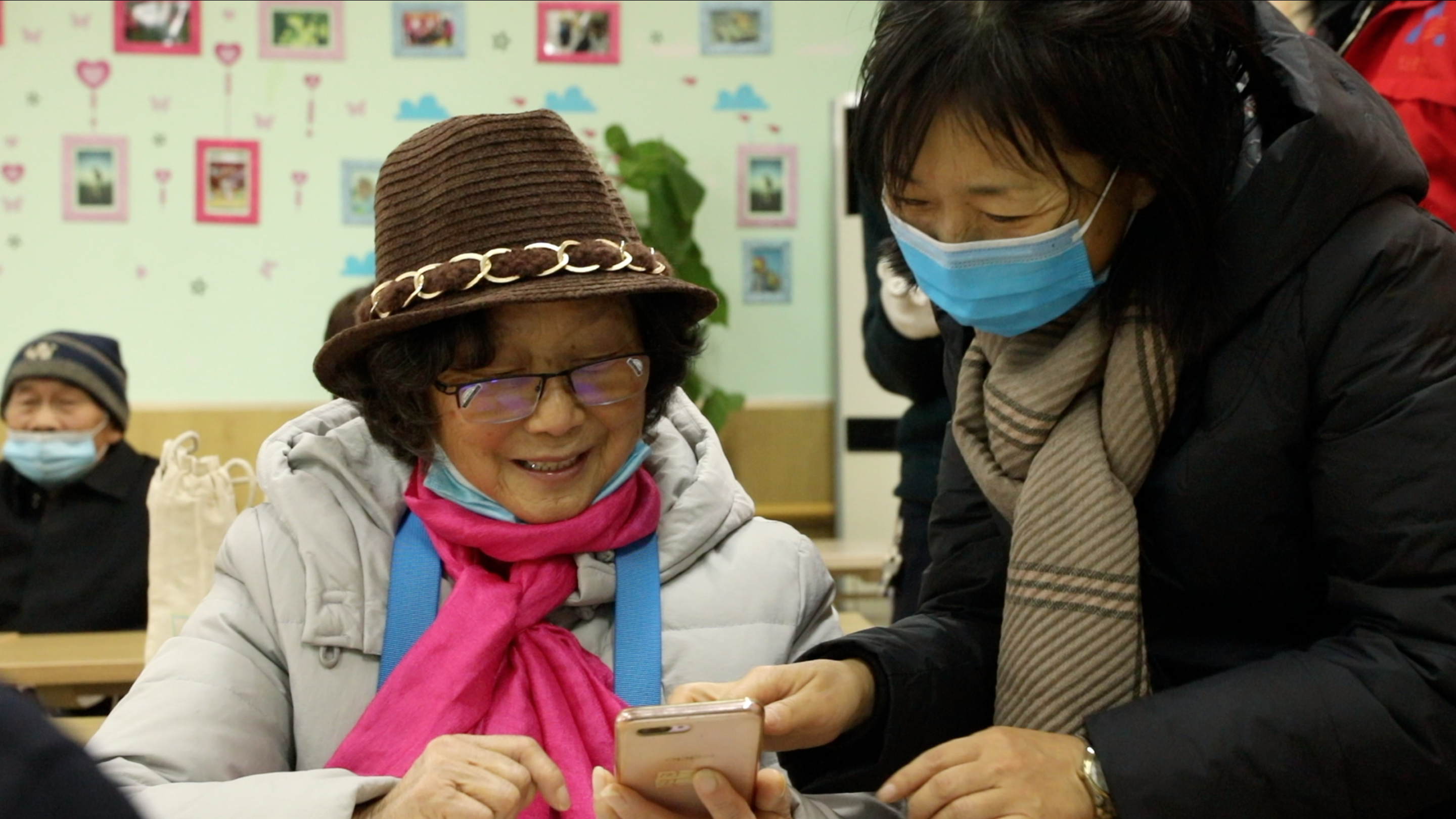02:31

At Beilin Community in Zhengzhou, central China's Henan Province, an education drive is taking place to teach seniors how to use smartphones.
Seventy-year-old Zhang Baijun said she's excited to take part in the course. She's learning how to chat with family and friends, make video calls on WeChat, pay bills on Alipay and scan health codes to access public buildings.
"I'm quite interested in online shopping. It seems very convenient, as everything is online. Next time, I hope they can teach us how to buy things on apps like Taobao," said Zhang.
Beilin Community has held two courses like this so far and has been well received by those who have come. Li Fujiang, a 75-year-old Zhengzhou resident said, "I came with my wife together today. The course is very helpful. Both of us have so much to learn. I want to learn how to transfer money and buy train tickets online."
Zhao Qingzhi, from Henan Antai Nursing Home, said, "Some of the children are reluctant to teach their parents to use smartphones. They're afraid they'll be victims of online fraud. We try to teach them how to avoid that."
China had more than 253-million senior citizens at the 2019. Many of them are struggling to adapt to a rapidly transforming society. The problem has come into sharp focus during COVID-19, as many services, including the health codes needed to enter many buildings have all gone digital.
In response, many public places in China, such as train stations and hospitals, have set up small booths to assist the elderly.
Wang Zili, director of Senior Health Department, Health Commission of Henan Province, said, "We suggest that public spaces need to have service windows for the elderly. Retailers, restaurants, and shopping malls should accept cash and bank cards."
The Chinese government issued a policy document at the end of November, aimed at helping seniors adapt to an increasingly digital society.
The government is promising to solve the most pressing problems seniors face in their daily lives, including how to use transportation and access healthcare by meeting their basic needs.

